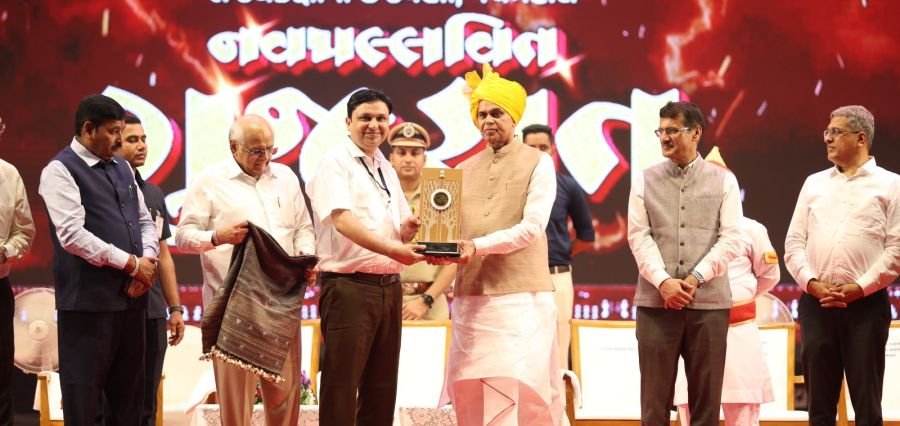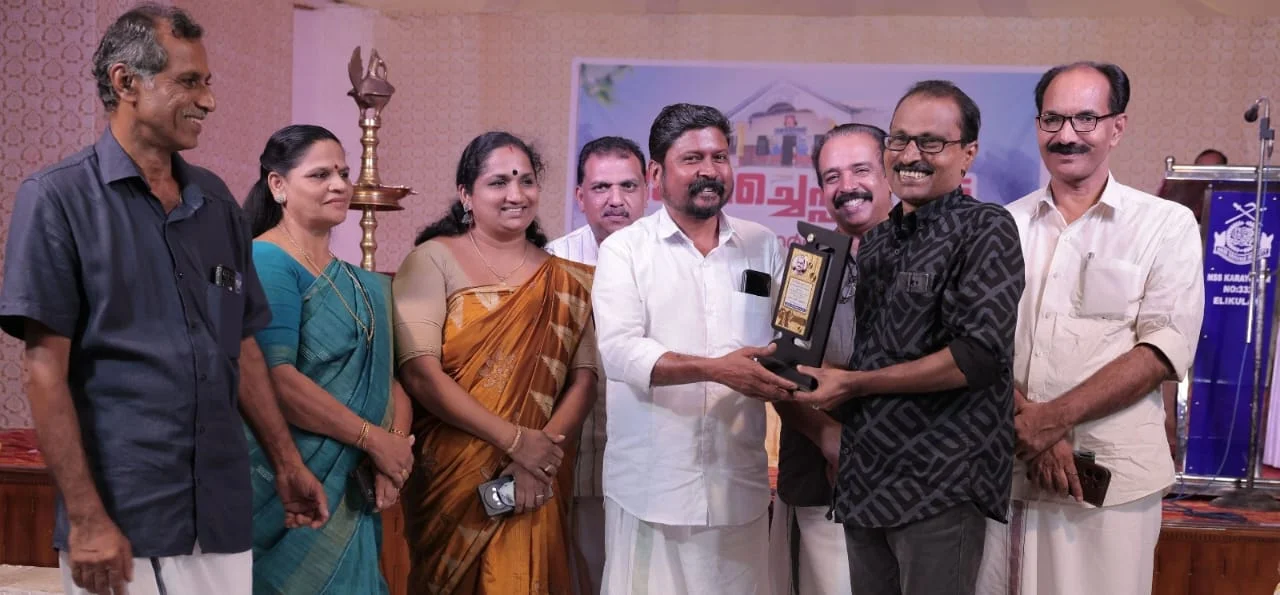Preparing for Pandemics
The COVID-19 pandemic served as a wake-up call for countries around the world, revealing the vulnerabilities and shortcomings of their public health systems. The Arab region was no exception, with many nations grappling with the challenges of containing the spread of the virus and mitigating its economic and social impacts.
In the aftermath of the pandemic, there has been a renewed focus on strengthening public health infrastructure and preparedness in the Arab world. Governments, international organizations, and stakeholders have recognized the importance of investing in robust healthcare systems to safeguard their populations from future outbreaks and pandemics.
Let explore the strategies and approaches that these Arab countries have adopted to enhance their preparedness for future pandemics.
Enhancing Surveillance and Early Warning Systems
One of the key areas of focus has been enhancing surveillance and early warning systems to detect and respond to potential health threats in a timely manner. Many Arab countries have invested in improving their disease monitoring capabilities, including expanding laboratory testing facilities and training epidemiologists and public health experts.
The implementation of advanced digital technologies, such as artificial intelligence and big data analytics, has played a crucial role in strengthening surveillance efforts. These tools enable the rapid analysis of large volumes of data, enabling health authorities to identify patterns, track the spread of diseases, and make informed decisions regarding prevention and control measures.
Boosting Healthcare Capacity and Resources
Another critical aspect of pandemic preparedness is ensuring adequate healthcare capacity and resources. Several Arab nations have taken steps to increase the number of hospital beds, intensive care units, and medical equipment, such as ventilators and personal protective equipment (PPE).
Moreover, there has been a concerted effort to address the shortage of healthcare professionals, particularly in rural and underserved areas. Initiatives have been launched to train and recruit more doctors, nurses, and other medical staff, as well as to improve their working conditions and remuneration packages.
Regional Cooperation and Knowledge Sharing
Recognizing the transnational nature of pandemics, Arab countries have emphasized the importance of regional cooperation and knowledge sharing. Platforms such as the Arab Health Ministers’ Council and the Arab Epidemiological Surveillance Network have facilitated the exchange of best practices, data, and expertise among member states.
Additionally, partnerships with international organizations like the World Health Organization (WHO) and the Centers for Disease Control and Prevention (CDC) have provided valuable technical assistance and guidance in areas such as disease surveillance, laboratory capacity building, and risk communication.
Investing in Research and Development
To better prepare for future pandemics, Arab countries have acknowledged the need to invest in research and development (R&D) related to infectious diseases, vaccines, and therapeutics. Several initiatives have been launched to support local scientific research and foster collaboration with global research institutions and pharmaceutical companies.
The establishment of regional research centers and biotech hubs aims to accelerate the development of new diagnostics, treatments, and preventive measures, reducing the region’s dependence on external sources during health emergencies.
Strengthening Supply Chain and Logistics
The COVID-19 pandemic also highlighted the importance of robust supply chain and logistics systems for the timely distribution of medical supplies and vaccines. Arab countries have taken steps to improve their supply chain management, including stockpiling essential resources and streamlining procurement processes.
Furthermore, efforts have been made to enhance cold chain infrastructure and transportation networks to ensure the efficient delivery of temperature-sensitive medical products, such as vaccines, to even the most remote areas.
Community Engagement and Risk Communication
Effective pandemic preparedness and response also rely on active community engagement and clear risk communication. Arab governments have recognized the importance of raising public awareness about infectious diseases, promoting preventive measures, and countering misinformation and disinformation.
Initiatives have been launched to improve health literacy and encourage community participation in public health campaigns. Social media and digital platforms have played a crucial role in disseminating accurate and timely information, addressing concerns, and fostering trust in public health authorities.
While progress has been made, the journey towards strengthening public health infrastructure and pandemic preparedness in the Arab world is ongoing. Sustained investment, political commitment, and a collaborative approach are essential to ensure that the region is better equipped to face future health emergencies and safeguard the well-being of its citizens.
Conclusion
Arab nations have adopted a multifaceted approach to enhance their pandemic preparedness. Strategies include strengthening surveillance and early warning systems through advanced technologies, boosting healthcare capacity and resources, fostering regional cooperation and knowledge sharing, investing in research and development, fortifying supply chain and logistics, and engaging communities through effective risk communication.
While significant strides have been made, continuous investment, political will, and collaborative efforts are imperative to ensure sustained progress in fortifying public health infrastructure. By prioritizing these measures, Arab countries can better confront future health challenges and ensure the resilience and well-being of their populations in the face of pandemics and other health emergencies.





